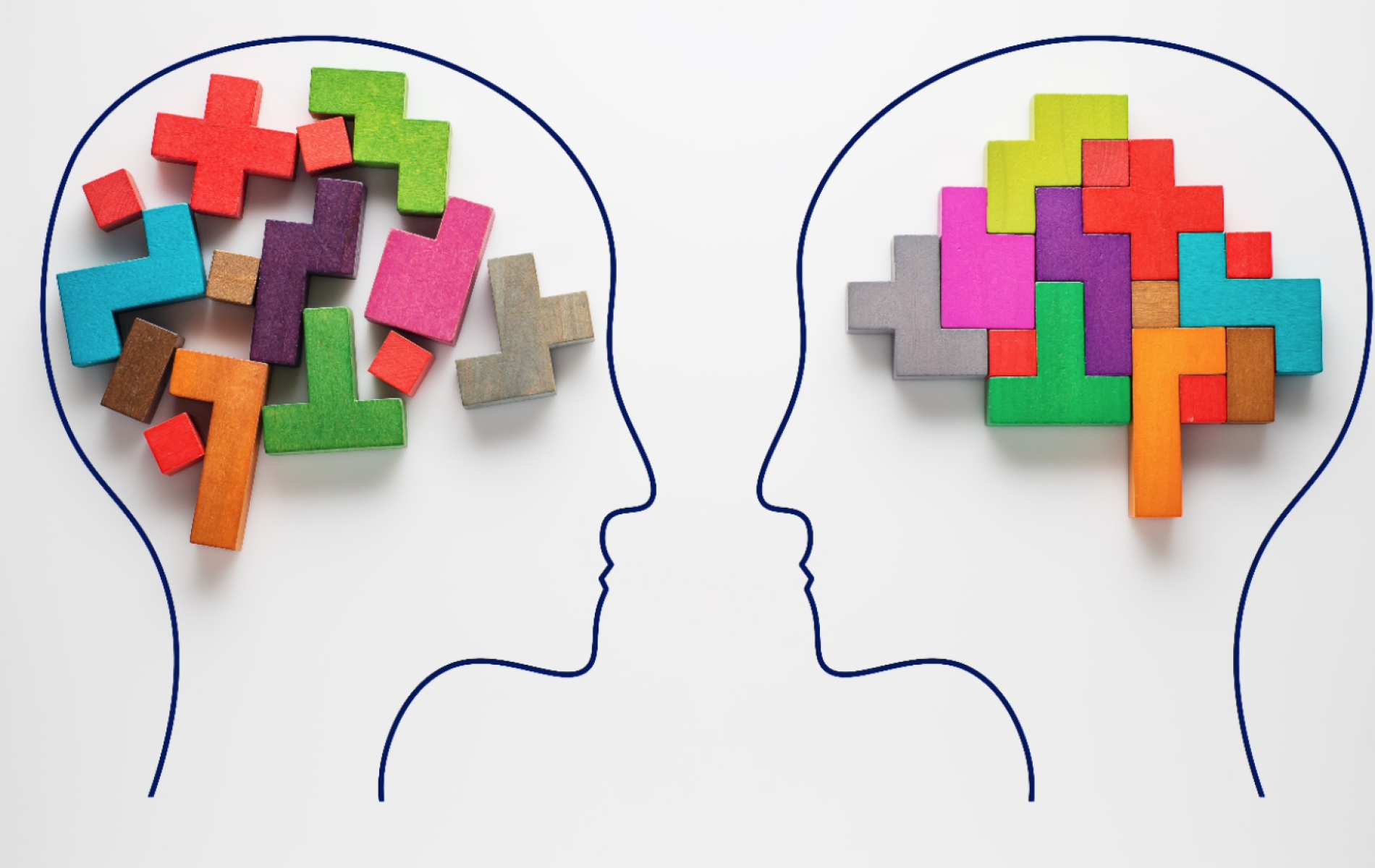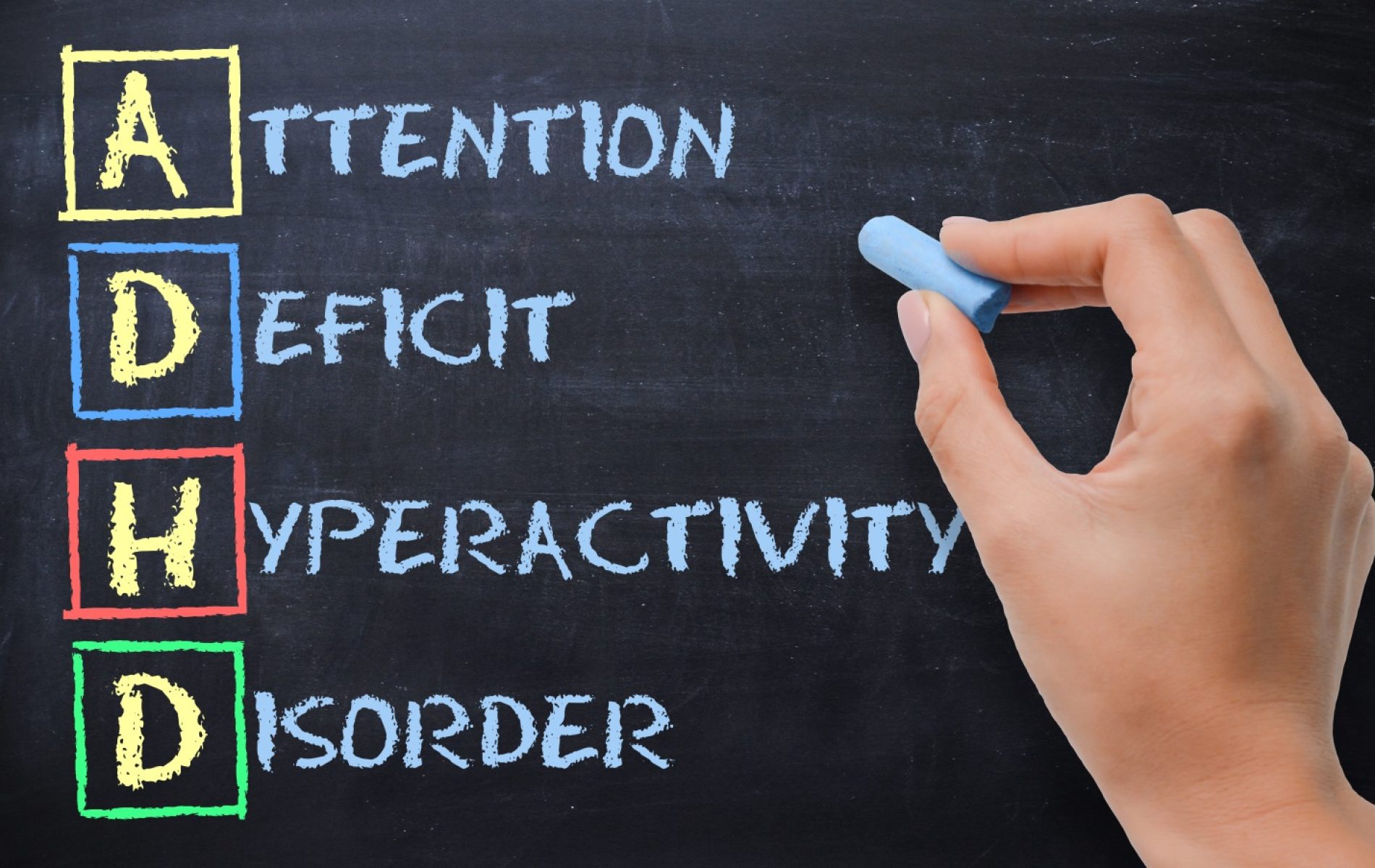Dealing with Dementia: Neurological Research, Symptoms and Prevention
According to the World Health Organization (WHO), 10 million new cases of dementia are diagnosed every year across the globe. This is a compelling issue that not only impacts families and caregivers, but our society at large.
Luckily science is on our side, and today we can begin to understand what it is that causes dementia and Alzheimer’s disease. Here at Neurogrow, we are excited to conduct research on mental decline and watch as results begin to save people’s lives before Alzheimer’s disease and dementia kick in.
Today we are going to explore the signs and symptoms of dementia, and how the disease impacts society as a whole. Lastly, we’ll dive into the initiatives that each one of us can take daily to contribute to a better life for everyone.
What is Dementia?
Dementia is best understood as a mental decline combined with associative changes in memory, mood, and even personality. Dementia can occur from an acute accident such as a concussion, or vascular event, but it can also happen over the progression of someone’s life due to lifestyle choices.
Vascular or stroke-related dementia is actually most common in the Southeast in America. Neurogrow, in Mclean, VA, and the entire DMV area reside in what researches like to call the “stroke belt” of the USA.
So we came to the right place to tackle neurocognitive dysfunction head-on (*no pun intended). Now that we understand dementia can be a result of stroke, acute accident, or lifestyle choices over time, we can understand that dementia can and will impact everyone if the right choices are not made daily. Let’s dive into what happens in the brain to get a better understanding of all this.
Dementia: What’s Going on in the Brain?
When two neurons meet, the space between them is called a synapse. Synapses in the brain are where neurotransmitters are released. This is where signals are transmitted and where communication happens.
Synapses are also where we think, feel, see, hear, remember, and desire (neurotransmitters). This is where your brain communicates information, and it is also where Alzheimer’s and later dementia happens.
In addition to releasing neurotransmitters, your neurons also release small peptides called amyloid-beta. The janitor cells of our brains are called microglia, and when our brains are functioning optimally, our janitor cells clear away and metabolize amyloid-beta.
Most neuroscientists agree that Alzheimer’s disease begins when amyloid beta accumulates and is no longer cleared away by microglia.
Scientists believe that it takes between 15-20 years of amyloid plaque accumulation before your brain and cognitive functions reach a tipping point.
After this tipping point, our janitor cells (microglia) become hyper-activated and release chemicals that cause inflammation and damage to your neuropathways.
So if over time this can happen to all of us, we must change our habits and lifestyle choices today, so that we can live longer tomorrow.
Dementia: The Symptoms
Now that we know what is happening in the brain when Alzheimer’s leads to dementia, which is a build-up of amyloid-beta, it’s essential to understand the symptoms that occur.
These symptoms are the reason for growing economic issues across the globe. They cause family members to become caregivers, and the problem impacts society at large. When amyloid-beta builds up, your neurotransmitters can’t communicate, and the symptoms below begin.
The symptoms of dementia include:
- Mental decline
- Change in memory
- Change in mood
- Change in personality
- Visual/spatial impairment
- Difficulty detecting motions
- Difficulty reading
- Executive dysfunction
- Inability to multitask
- Issues problem-solving
- Difficulty with abstract reasoning
Once the onset of these symptoms begin, there is no way to cure dementia. But luckily scientists have figured out a way to prevent these amyloid-beta plaques from accumulating, therefore preventing Alzheimers and dementia before deterioration of cells begins.
Preventing Dementia: The Remedy is in Your Hands
Amyloid-beta build-up happens between our neurotransmitters every day. Luckily, there are tactics we can follow to ensure that we don’t reach the tipping point mentioned earlier.
If we can’t do anything about getting older or the genes we inherit, how can we change the fact that amyloid-beta plaque build-up is bound to happen?
The answer lies in preventive measures.
Getting Enough Sleep
Sleep is so beautiful, in fact, while your eyes are closed and you’re sweetly dreaming the body sends a power-cleanse through the brain. If you want to be scientific about it, our glial cells carry cerebral spinal fluid throughout our brains and clear metabolic waste that accumulated in our synapses.
Sleep is like flossing the brain, allowing your neurotransmitters to send clear, concise messages through your brain’s pathways. If you do not get enough sleep, scientists believe that your lack of sleep is an early predictor of Alzheimer’s.
Why? Because just one night of sleep deprivation leads to an increase in amyloid-beta. So adequate sleep is probably the most vital key to all of this.
What Else Can We Do to Prevent Dementia?
Below is a list of things that you can implement into your daily life to prevent Alzheimers and dementia from occurring with age or even early onset. It is essential to recognize that it is not just our habits, but it is our thoughts as well that contribute to creating healthy neuropathways.
So what can you do to prevent dementia?
- Regular Exercise
- Eat a Mediterranean Style Diet
- Meditate
- Learn a Language
- Learn a New Skill
- Read a Book
- Wear Protective Sporting Gear
- Avoid High-Impact Sports
- Be Grateful
There is a scientific approach to happiness, and it begins with you! Try to think about it this way- you can’t control the weather, politics, or your pre-menstrual teens. However, the one thing you do have control over is your body.
When you give your body and mind the attention that they deserve, you will find that you stay healthy well beyond your years. It is no longer just our genes that define us, but it is the choices we make daily that will project our health for the rest of our lives.
If you are having trouble fitting everything into your lifestyle, come into Neurogrow and meet with Dr. Fotuhi. Dr. Fotuhi is a world-renowned neuroscientist who helps others get their lives back one day at a time-everyday!



